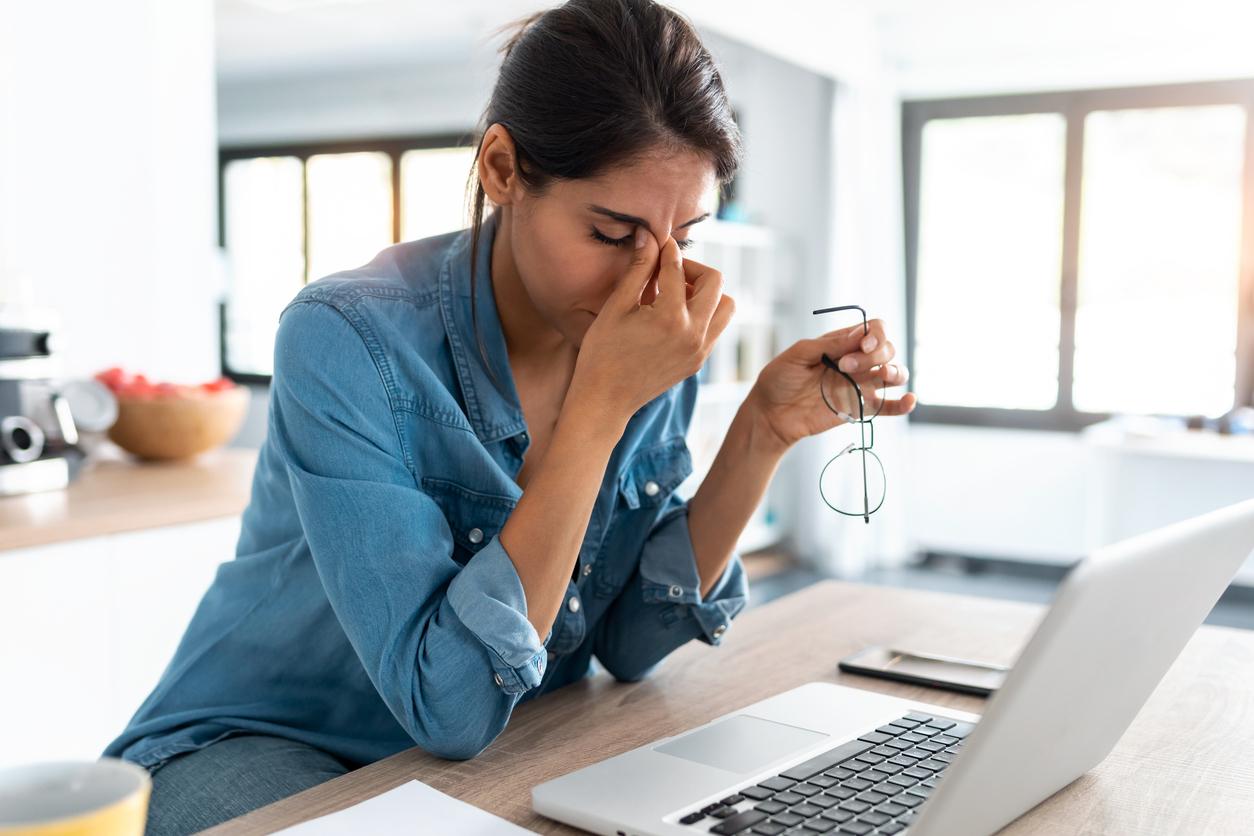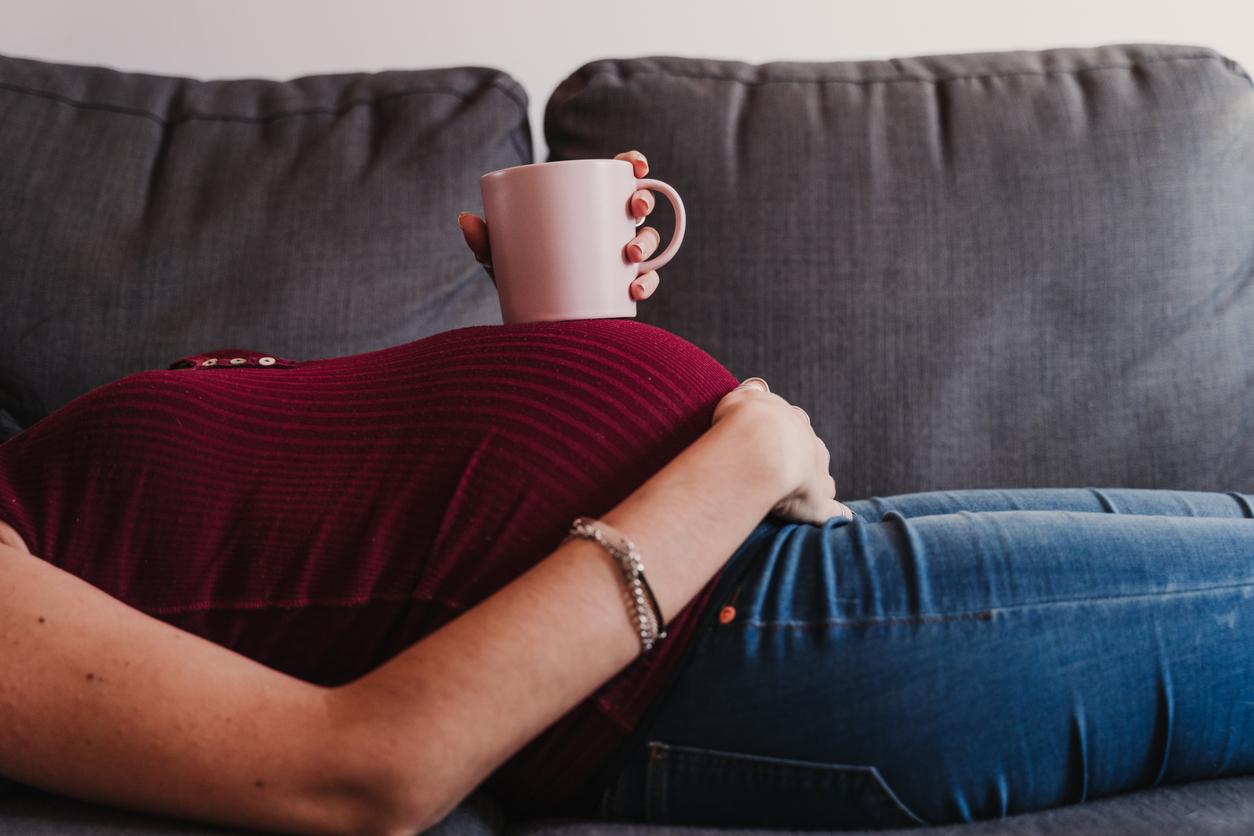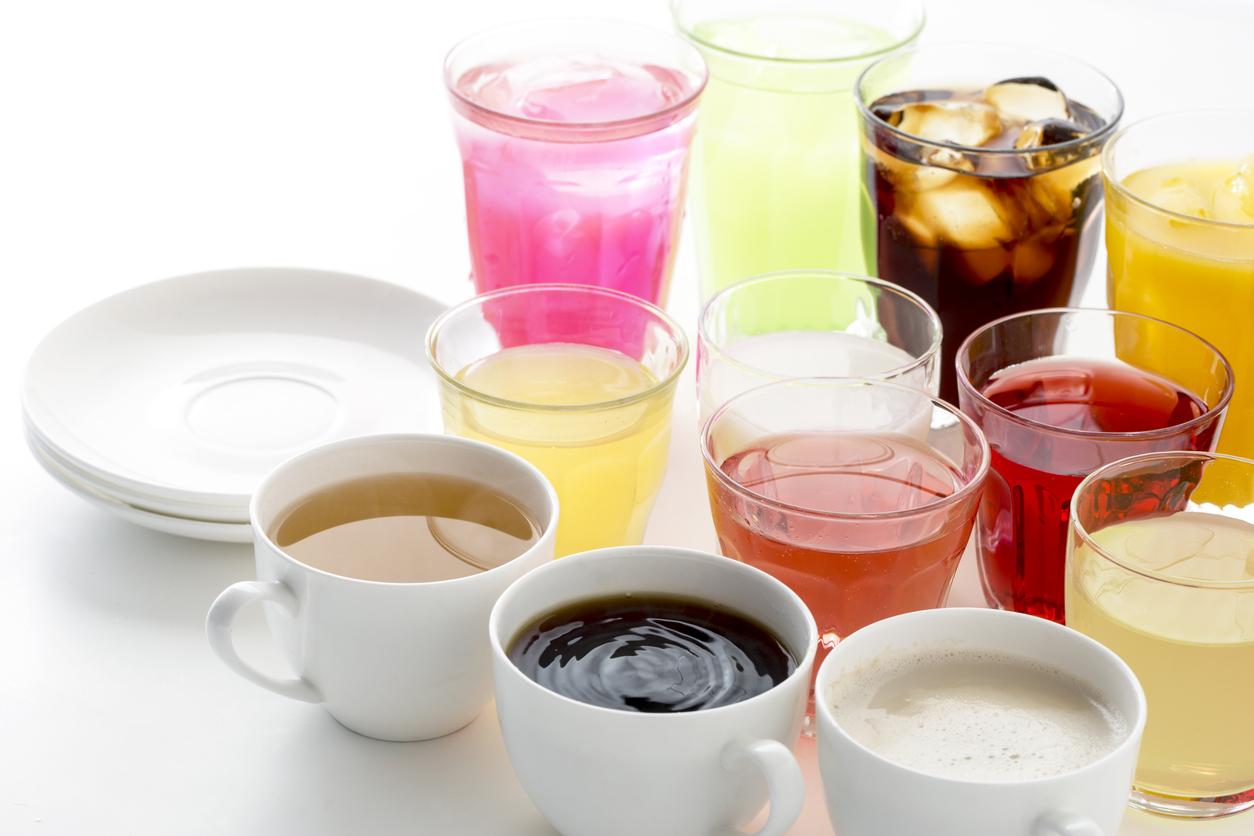These capsules contain only Coffee, about 5 to 5.5 g. “Depending on the origin of the coffee and the use for which it is intended (capsules, pods, ground or in beans), the roasting and the grinding are adapted, explains Franck Delalande, Managing Director of Lobodis. For the capsules, we roast the coffee a little more and grind it a little more finely for a better organoleptic result. »100% arabica or with a touch of robusta,« pure origin »or blend, espresso or lungo, variable intensity on a scale of 10 or 12 … Each brand offers a more or less wide choice.
A real difference with the pods
The capsules work in high pressure machines (15 to 19 bars) which make it possible to obtain real espressos, smooth and frothy. Disadvantages: they are relatively expensive (0.33 € per cup on average) and not ecological (Nespresso has set up collection points for its aluminum capsules, but how many end up in the trash?).
The pods give a coffee closer to filter coffee. They are cheaper and more environmentally friendly, except when they are individually wrapped in a plastic bag. Let’s say that true espresso lovers swear by closed capsules: “when the membrane of the capsule bursts, it recreates the gesture of the Italian” barista “, it cups and prepares the coffee to receive water for better extraction. aromas ”, explains Jean-Paul Gaillard, President of Ethical Coffee Company.
And no chemical contamination
Faced with the rapid development of capsule and pod machines, with which nearly 25% of households are said to be equipped, ANSES (National Health Security Agency) conducted a study in 2013 on 10 representative brands. The main question was about the possible chemical contamination of coffee in contact with aluminum or plastic capsules.
The conclusions are rather reassuring: the concentrations of the contaminants sought (aluminum, cobalt, chromium, nickel, etc.) are low and similar to those of filter coffee; no trace of bisphenol A or from phthalates. But no conclusion has yet been drawn regarding furan, due to its high volatility. “Furan is a potentially carcinogenic substance produced during the roasting of coffee, explains Dr Laurent Chevallier, nutritionist doctor, attached to the Montpellier CHRU. It tends to evaporate, but in the capsules it gets trapped. “
Read also : 5 misconceptions about coffee
Caffeine: do you know your daily intake?
The truth about the health benefits of coffee
















